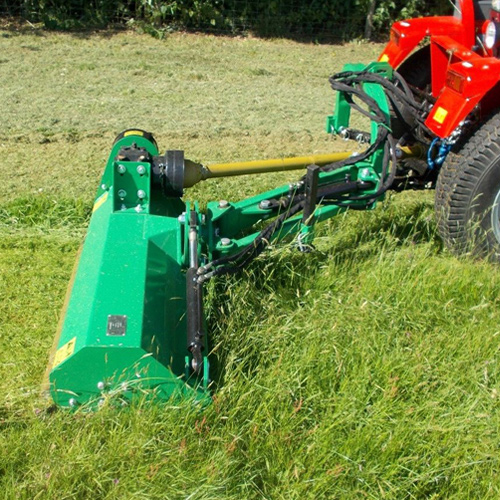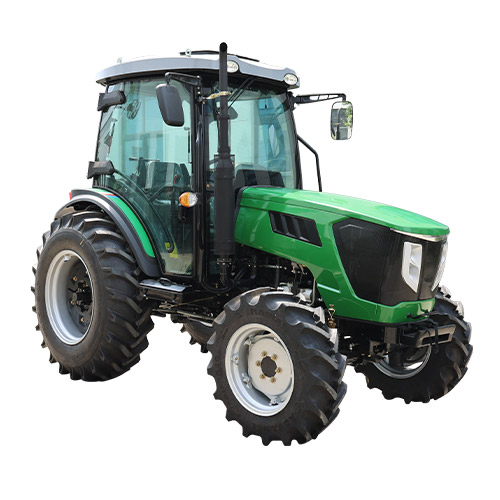Introduction
Farm tractors and implements are essential tools for agricultural operations. They play a crucial role in various farming activities, including land preparation, planting, harvesting, and transportation. Choosing the right tractors and implements can significantly enhance productivity, efficiency, and profitability. This comprehensive guide will provide an in-depth overview of farm tractors and implements, helping you make informed decisions for your agricultural enterprise.
Types of Farm Tractors

Farm tractors come in various types, each designed for specific applications:
- Compact Tractors: Suitable for small-scale farming operations, such as gardening, landscaping, and hobby farming.Ideal for individuals looking to grow their own produce or maintain a small plot of land, these farming operations can be easily managed with basic equipment and minimal labor. Whether you are a beginner or experienced farmer, small-scale farming allows you to enjoy the benefits of cultivating your own crops without the need for large investments or extensive resources.
- Utility Tractors: Versatile tractors used for a wide range of tasks, including mowing, tilling, and hauling.These tractors are equipped with various attachments and implements to handle different jobs around the farm or property. With their power and flexibility, they are essential tools for any agricultural operation.
- Row-Crop Tractors: Designed for specialized operations in row crops, such as corn, soybeans, and cotton.This equipment is equipped with advanced technology to ensure precision and efficiency in planting, fertilizing, and harvesting. Its customizable features allow farmers to tailor their operations to specific crop needs, making it a valuable asset for maximizing yields and reducing waste.
- Articulated Tractors: Feature a hinged frame that allows for increased maneuverability in tight spaces.The hinged frame also provides added flexibility when navigating around obstacles, making it easier to transport and operate in confined areas. This enhanced maneuverability can save time and effort, improving productivity and efficiency in various applications.
- Track Tractors: Provide superior traction and flotation in wet or soft soil conditions.
Choosing the Right Tractor
Selecting the appropriate farm tractor depends on several factors:
- Farm Size and Type of Operation: Consider the size of your farm and the specific tasks you need to perform.
- Horsepower Requirements: Determine the horsepower needed for your implements and the terrain you will be working on.
- Traction and Stability: Ensure the tractor has sufficient traction and stability for your operating conditions.
- Features and Attachments: Choose tractors with features and attachments that meet your specific needs, such as a PTO (power take-off), hydraulics, and a cab.
Table: Comparison of Popular Farm Tractor Models
| Model | Engine Type | Horsepower | Transmission |
|---|---|---|---|
| John Deere 6120M | Diesel | 120 HP | Hydrostatic |
| Assemble TK1504F | Diesel | 150 HP | Powershift |
| New Holland T5.120 | Diesel | 120 HP | Powershift |
| Kubota M6-101 | Diesel | 101 HP | Hydrostatic |
| Massey Ferguson 5712 | Diesel | 112 HP | Mechanical |
Types of Farm Implements
Farm implements are attached to tractors to perform various agricultural tasks:
- Tillage Implements: Used for preparing soil, including plows, harrows, and cultivators.
- Planting Implements: Used for planting seeds, including seeders, planters, and transplanters.
- Harvesting Implements: Used for harvesting crops, including combines, hay balers, and grain carts.
- Hay and Forage Implements: Used for managing hay and forage, including mowers, rakes, and balers.
- Material Handling Implements: Used for moving and handling materials, including loaders, forks, and buckets.
Choosing the Right Implements

Selecting the right farm implements is equally important as choosing the tractor:
- Compatibility: Ensure the implements are compatible with your tractor’s specifications, such as horsepower and attachment points.
- Specific Task Requirements: Choose implements designed for the specific tasks you need to perform.
- Efficiency and Durability: Consider the efficiency and durability of the implements to maximize productivity and minimize downtime.
- Maintenance and Repair: Choose implements that are easy to maintain and repair, reducing operating costs.
Maintenance and Safety
Proper maintenance and safety practices are essential for the longevity and safe operation of farm tractors and implements:
- Regular Maintenance: Follow manufacturer’s recommendations for regular maintenance, including oil changes, filter replacements, and inspections.
- Safety Precautions: Wear appropriate protective gear, such as gloves and earplugs. Ensure the tractor is in good working order before operating.
- Storage: Store tractors and implements in a dry, sheltered location when not in use.
- Training: Ensure operators are properly trained on the safe operation and maintenance of farm tractors and implements.
Conclusion: Farm Tractors and Implements
Farm tractors and implements are indispensable tools for agricultural success. By understanding the different types, selecting the right equipment, and implementing proper maintenance and safety practices, you can optimize your farming operations and achieve greater productivity, efficiency, and profitability. Remember to consult with experts and industry professionals to make informed decisions that best suit your specific agricultural needs.
FAQs
Q: What is the most important factor to consider when choosing a farm tractor?
A: The most important factor is the horsepower requirement, which should be based on the implements you will be using and the terrain you will be working on.
Q: What types of implements are essential for a small-scale farming operation?
A: Essential implements for small-scale farming include a plow or harrow, a seeder or planter, a mower, and a loader or bucket.
Q: How often should I service my farm tractor?
A: Refer to the manufacturer’s recommendations for specific service intervals, but generally, tractors should be serviced every 50-100 hours of operation.
Q: What safety precautions should I take when operating a farm tractor?
A: Always wear appropriate protective gear, ensure the tractor is in good working order, and never operate a tractor while under the influence of alcohol or drugs.
Q: Where can I find more information on farm tractors and implements?
A: Consult with agricultural equipment dealers, industry experts, and online resources, such as the American Society of Agricultural and Biological Engineers (ASABE).


